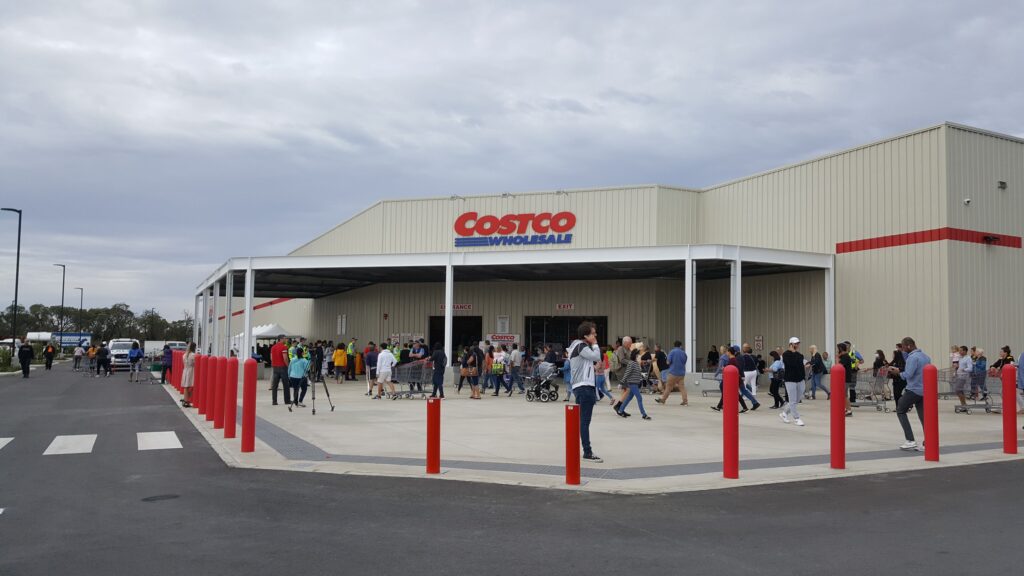Will Costco Put Its Money Where Its Mouth Is?

Costco has long played at being more pro-labor than the other companies of our new economy. It certainly isn’t trying to overturn the National Labor Relations Act like so many of the other major companies today. But while Costco leadership says it is not anti-labor, now that workers in its facilities are forming unions, it’s time to put your cards on the table and see if there’s anything behind it or whether it was just next-level lip service to try and keep unions out.
When viewed in this context, the significance of the unionization effort at Costco is less about CEO magnanimity than it is about the power of solidarity that workers exercised in 2023. In other words, after seeing a record number of work stoppages, Costco may have made a business calculation: The significant costs it may incur by declaring war on its unionized workers are simply not worth it.
The credit for the conciliatory gesture from Costco really should go not to the CEO and president, but to the 238 Norfolk Costco workers, the 18,000 Costco workers who won the first national contract with Costco in 2022, and the nearly half a million workers whose momentum contributed to the union’s victory. One union’s gains beget another’s — that is why we call it the “labor movement.”
Notably absent from Costco’s letter is a commitment to bargain in good faith with the Norfolk workers. Admittedly, it’s unclear if they will be governed by the terms and conditions of Costco’s national master agreement with the Teamsters. Barring such special circumstances, the true test of whether Costco’s CEO and president deserve the credit they’ve already received is yet to come. Will they ensure a fair contract for the newly unionized workers without delay, or will they follow Starbucks’s lead?
Such delays are not uncommon. According to one study, 63 percent of unions fail to reach a first contract within one year after the NLRB has certified them as the representative of the workers. That timing has legal significance. After one year of certification, the employees can vote to decertify (i.e. get rid of) the union. In fact, workers at over a dozen Starbucks stores have petitioned to decertify the union, some with the help of the right-leaning National Right to Work Legal Defense Foundation. The goal of stall tactics by employers like Starbucks is ultimately decertification by wearing down the workers. Indeed, when asked whether he could ever see “embracing the union,” Schultz, without hesitation, replied “no.”
Starbucks’s actions frustrate the purpose of collective bargaining: to allow workers to literally have a seat at the table where they can negotiate face to face with their bosses about working conditions. Last month, Costco cashier Fernando Pérez, one of the leaders of the Norfolk campaign, told Jacobin that the next step for them is contract negotiations. If Costco’s leaders are truly serious about their commitment to their employees, rather than writing about being disappointed in themselves, they need to pull up a chair, invite workers to the table and bargain.
That’s right. Bargain the contract or shut up about how you are such a progressive corporation.


